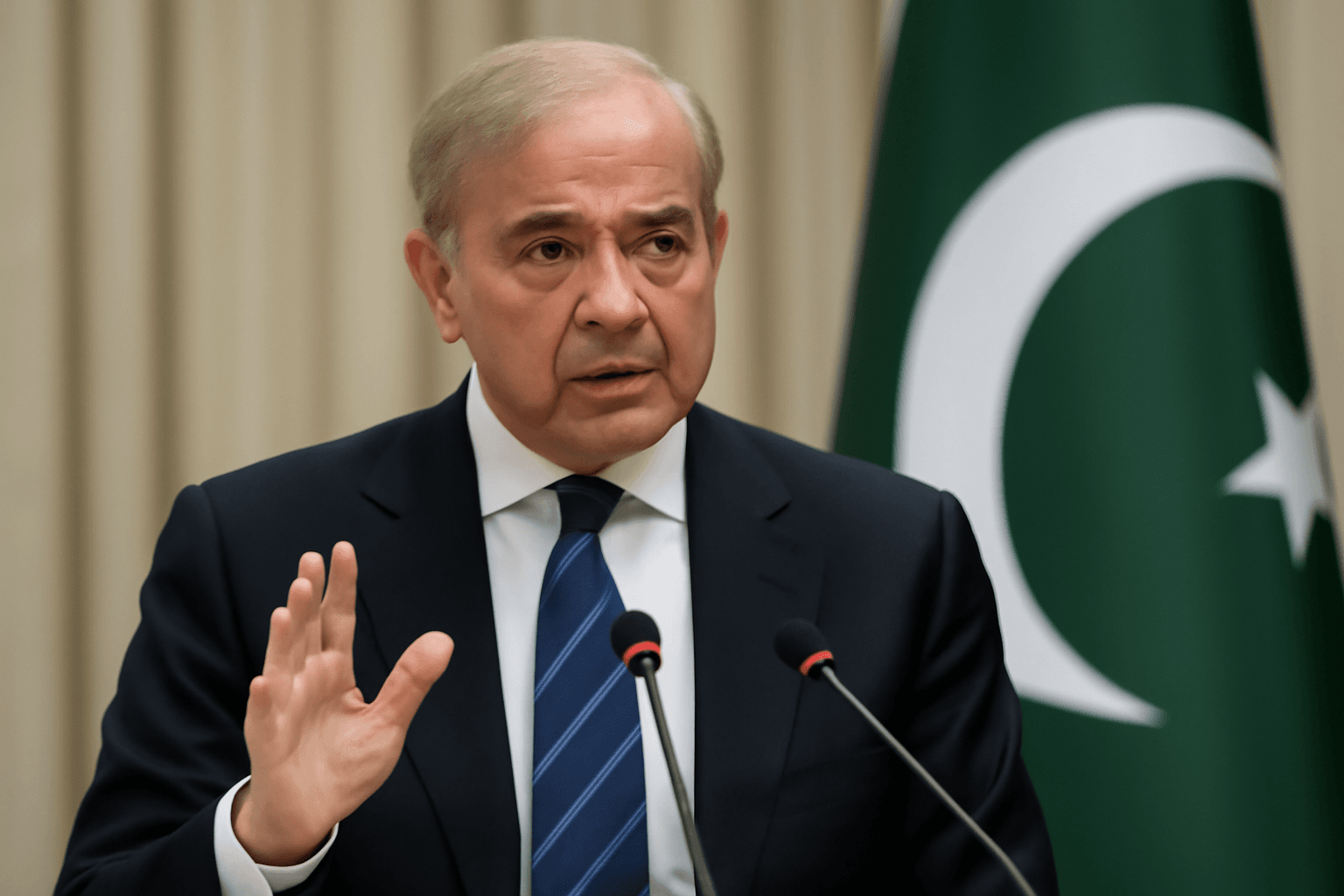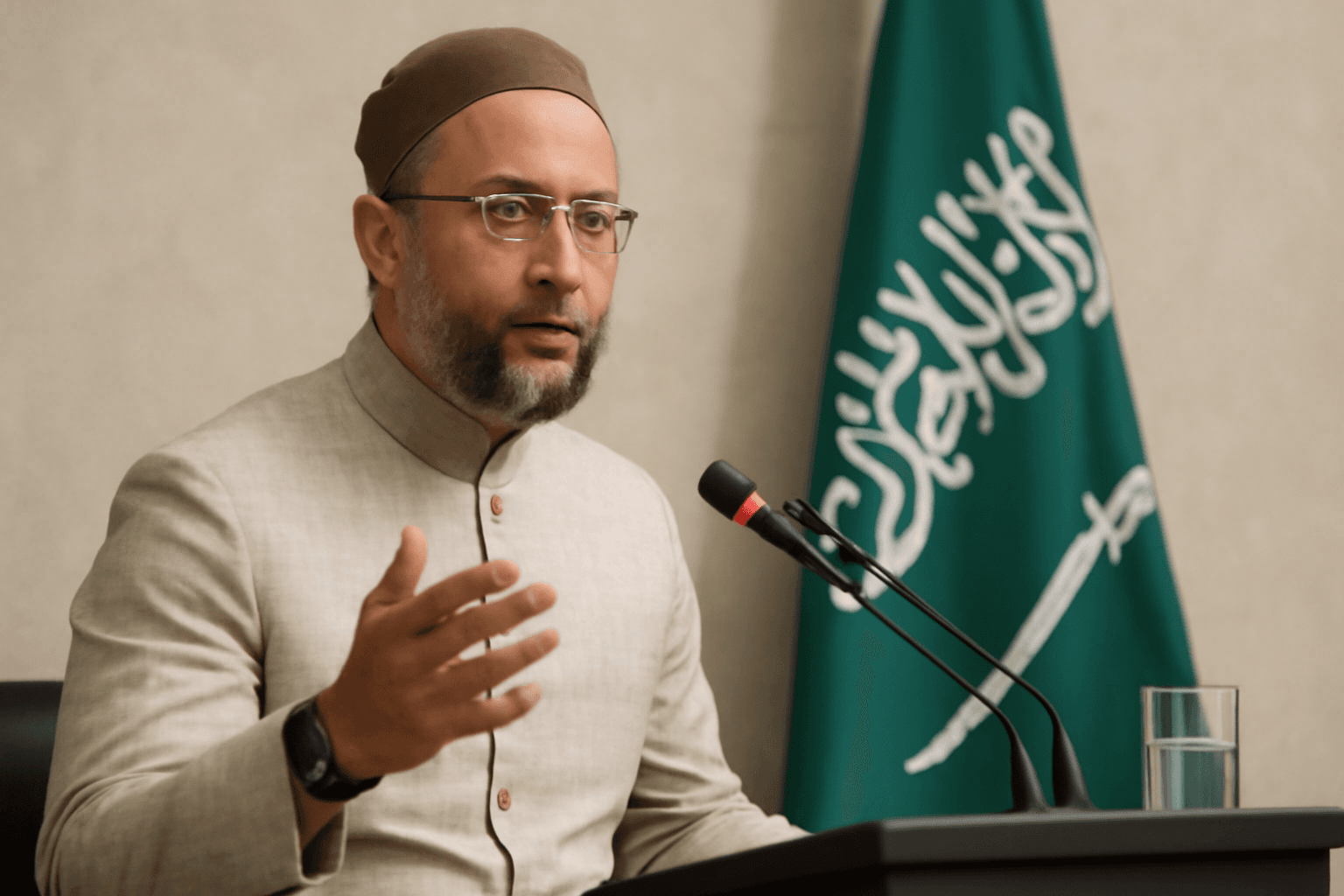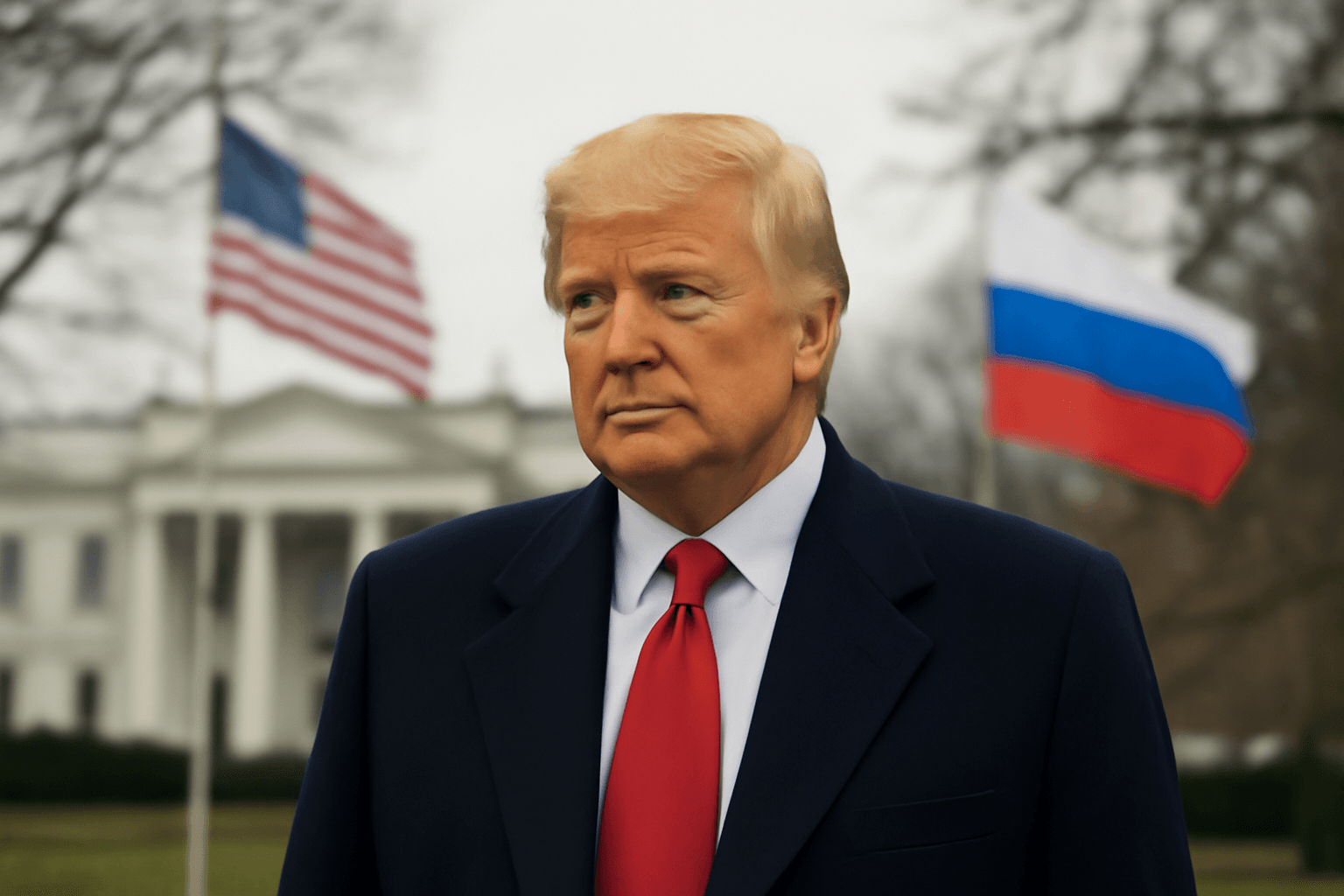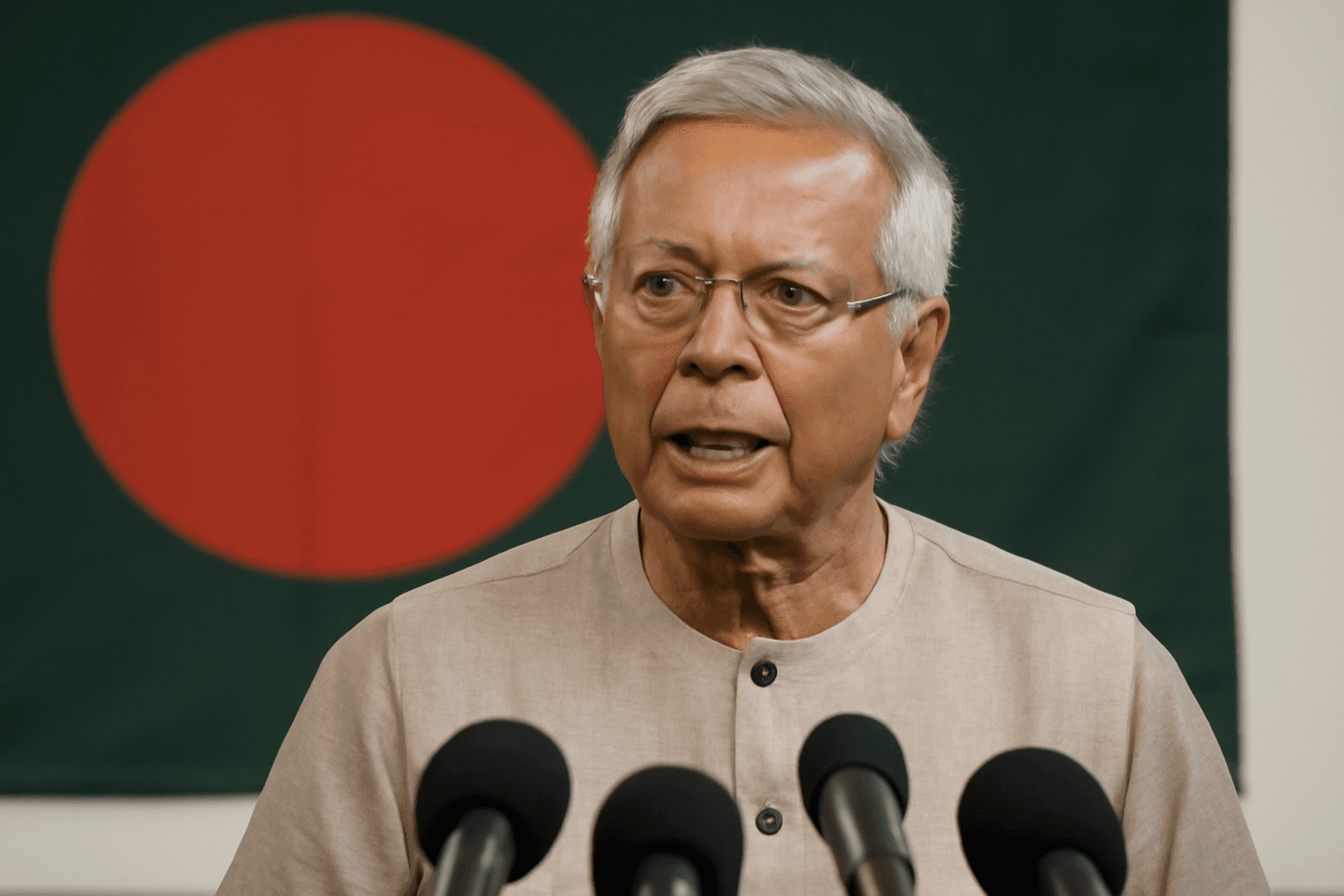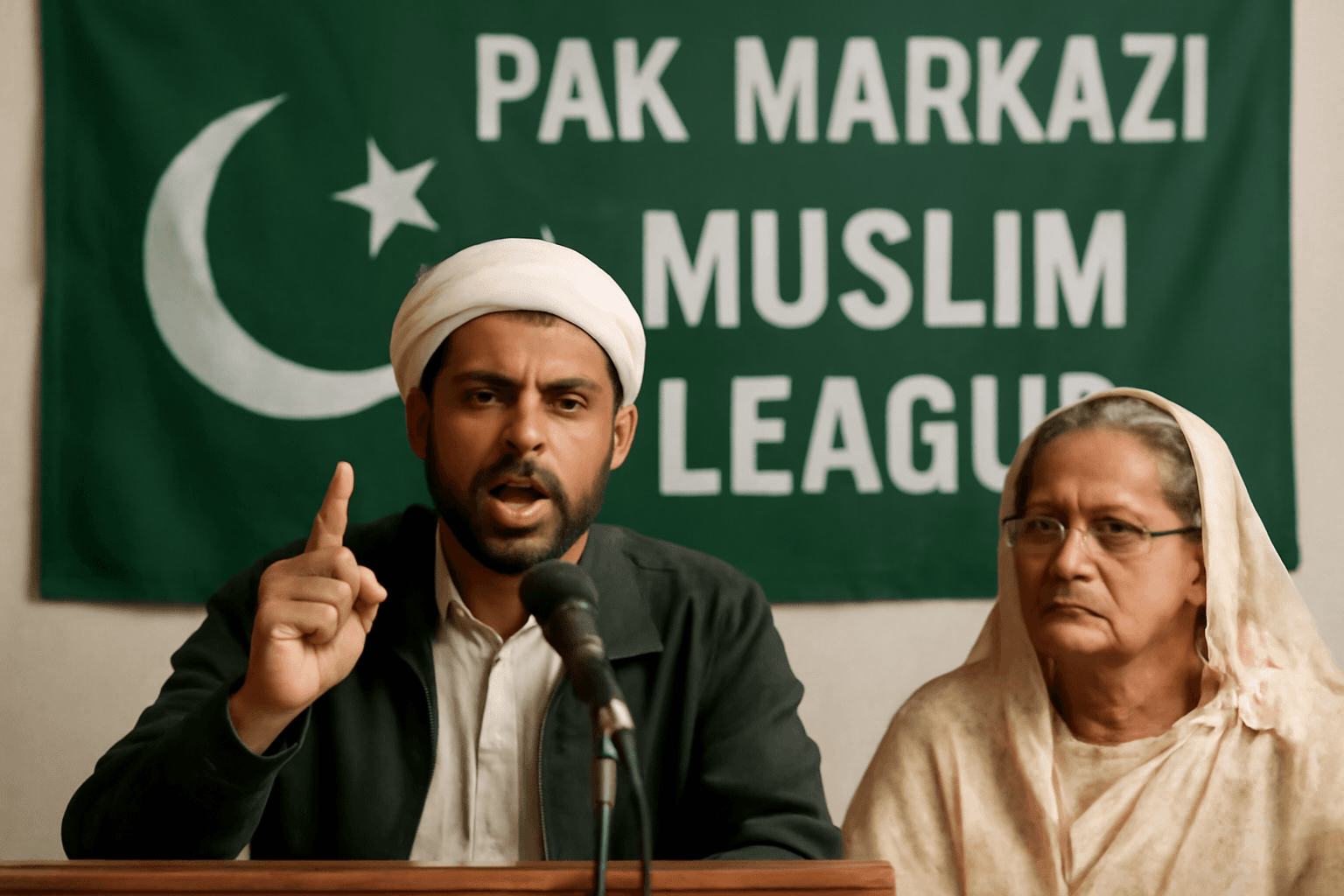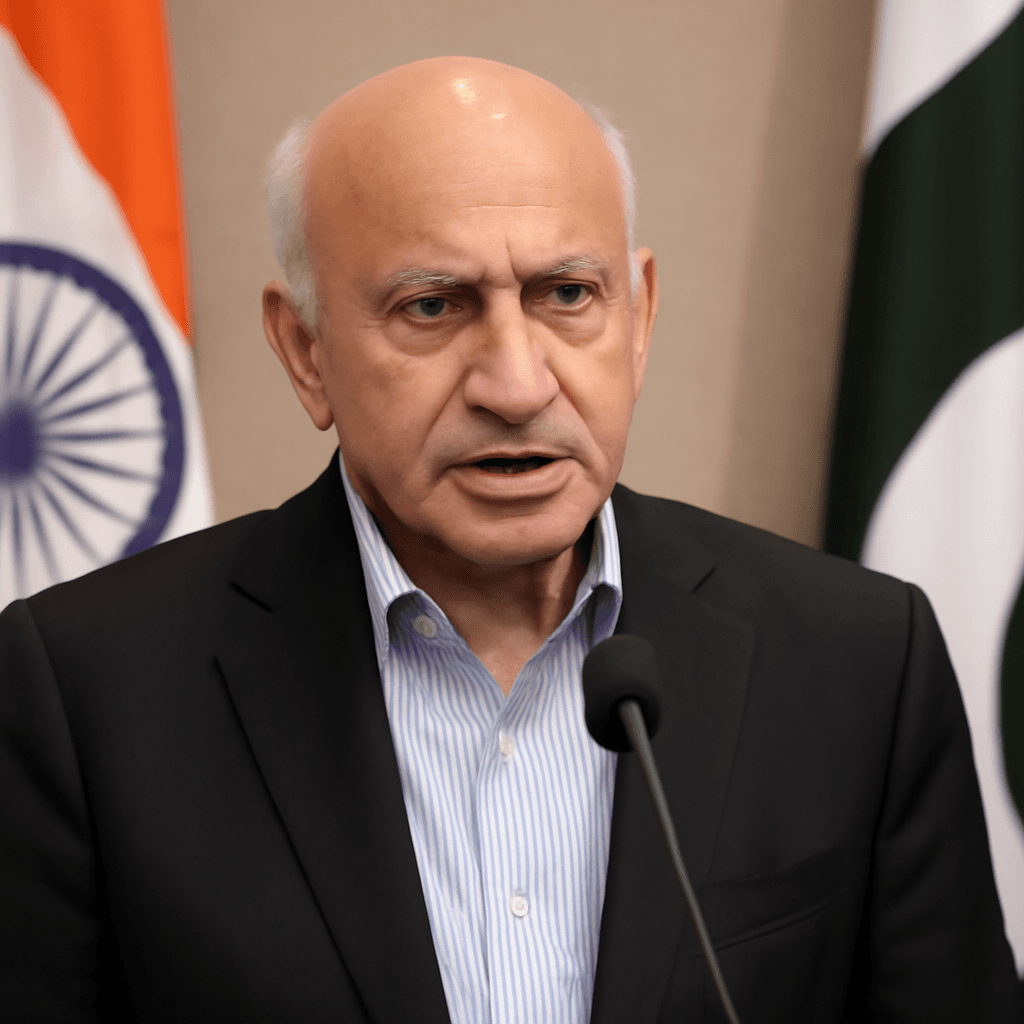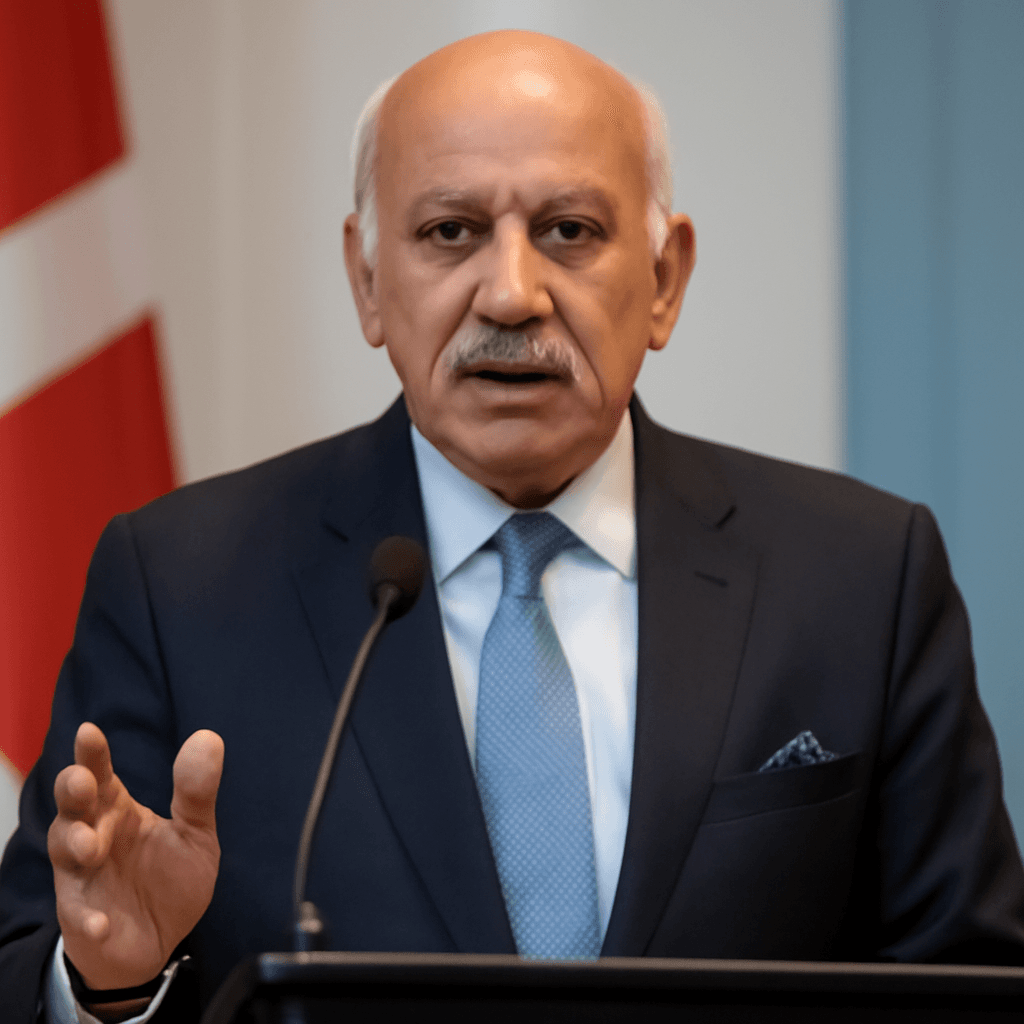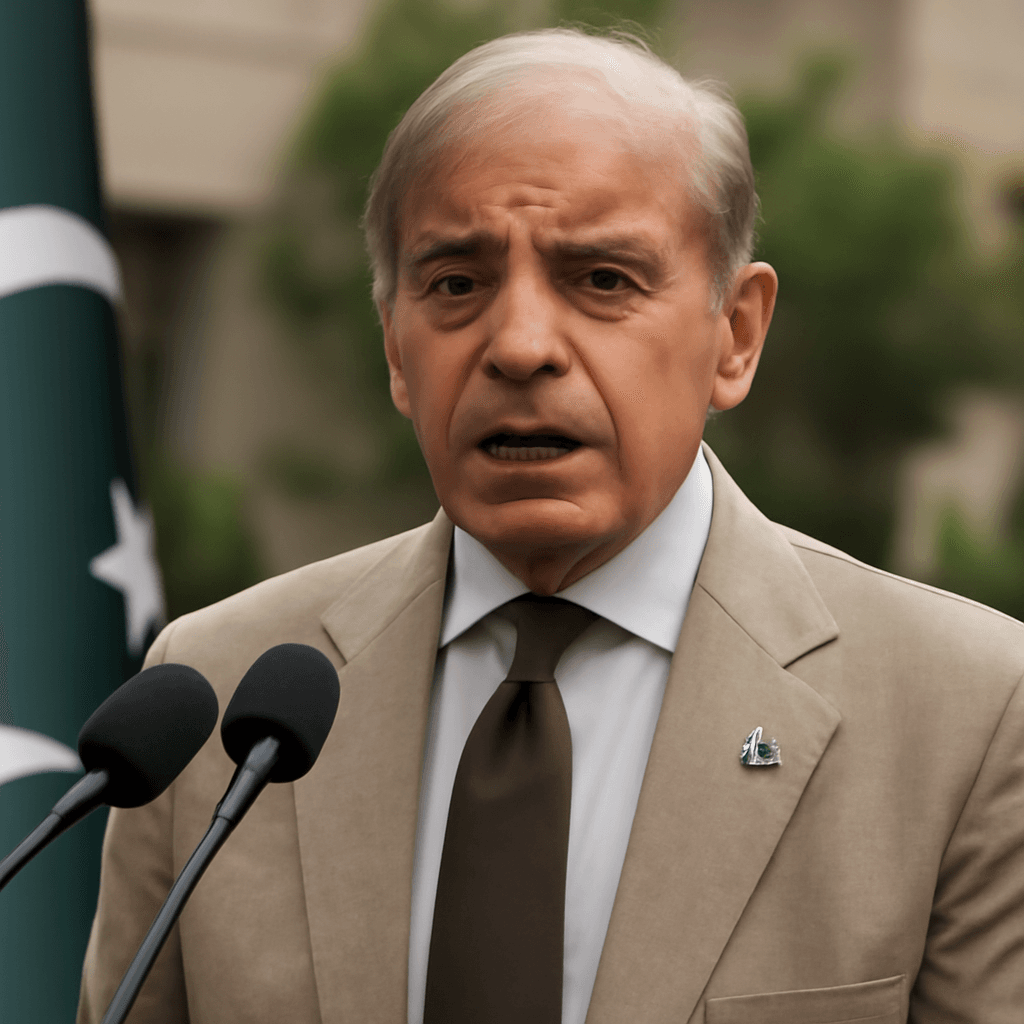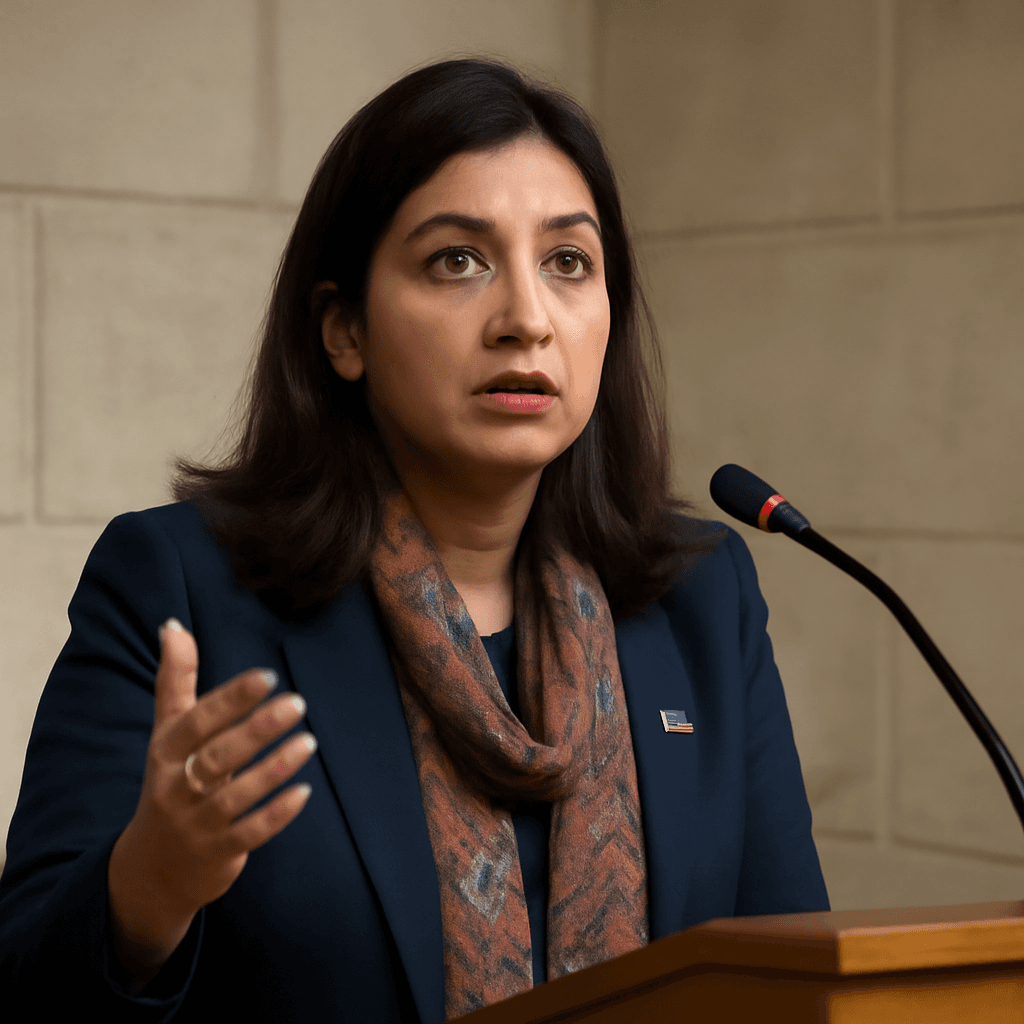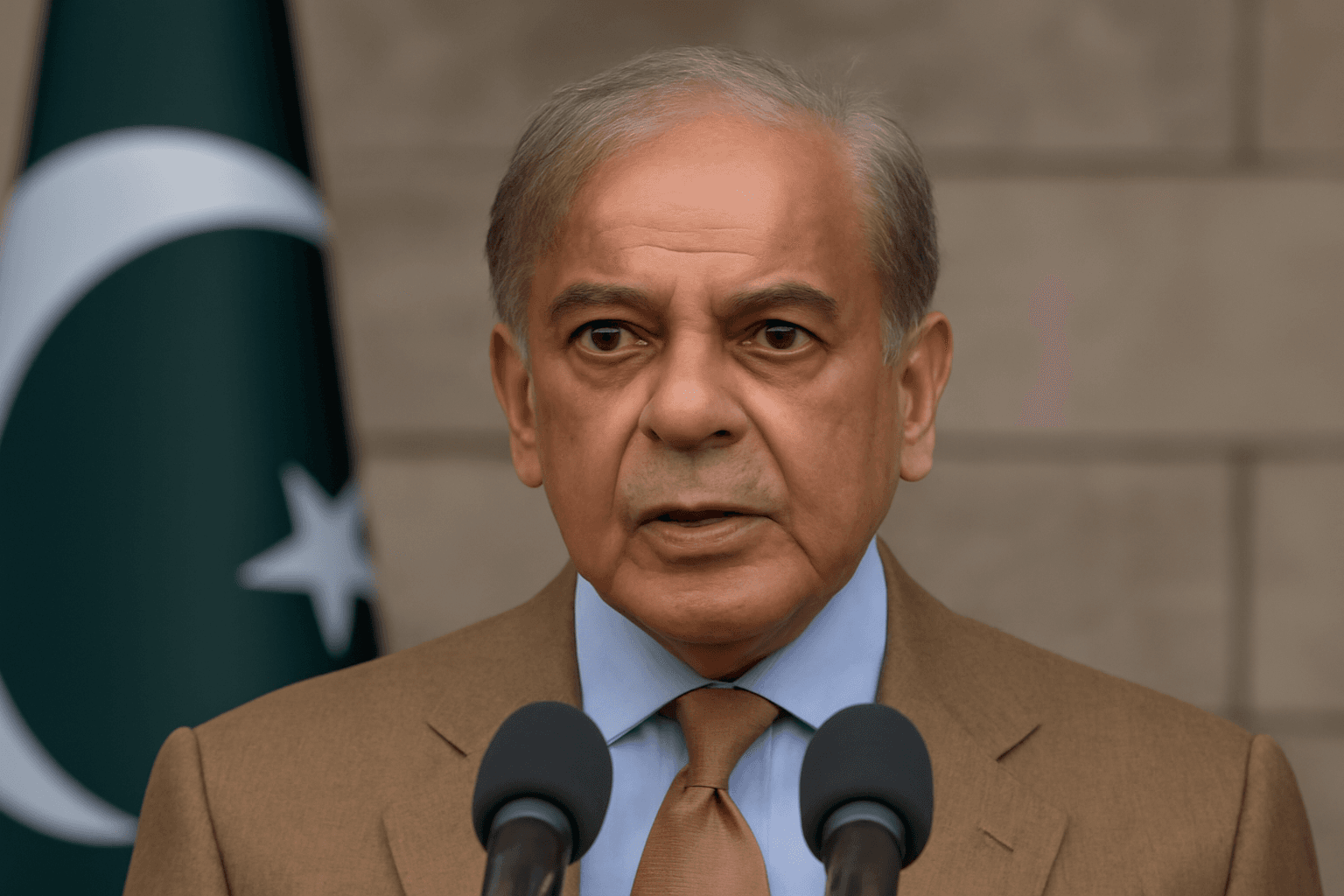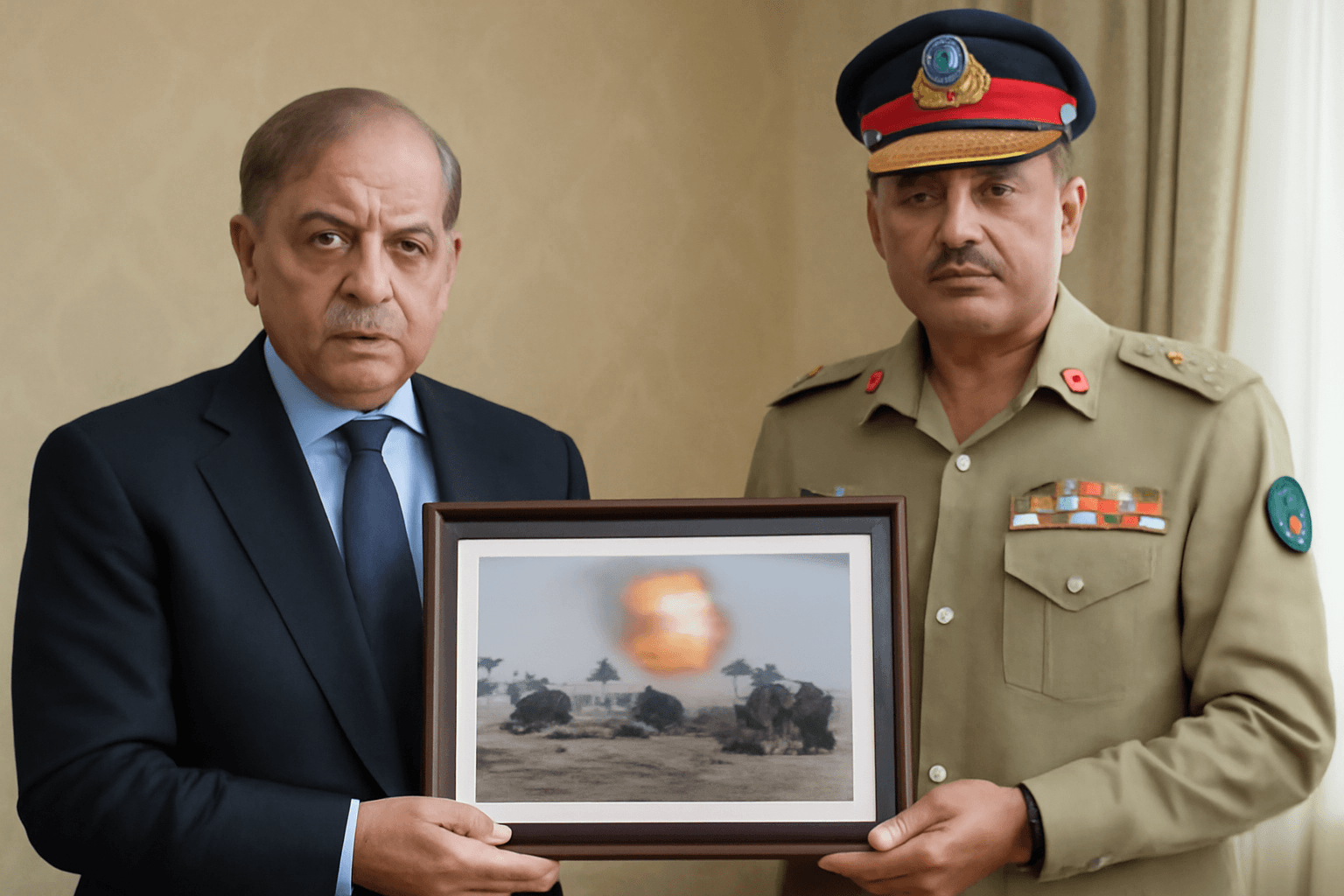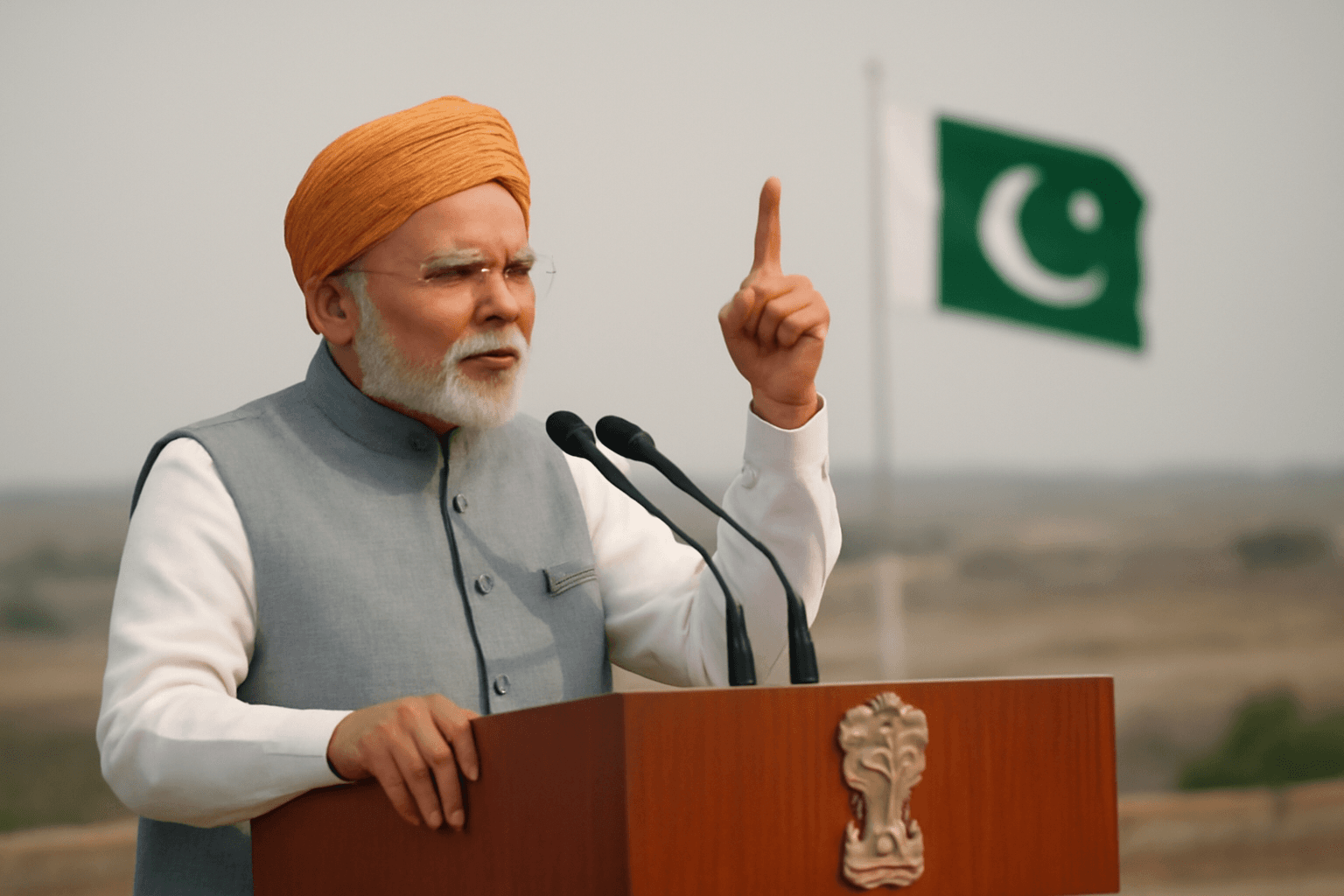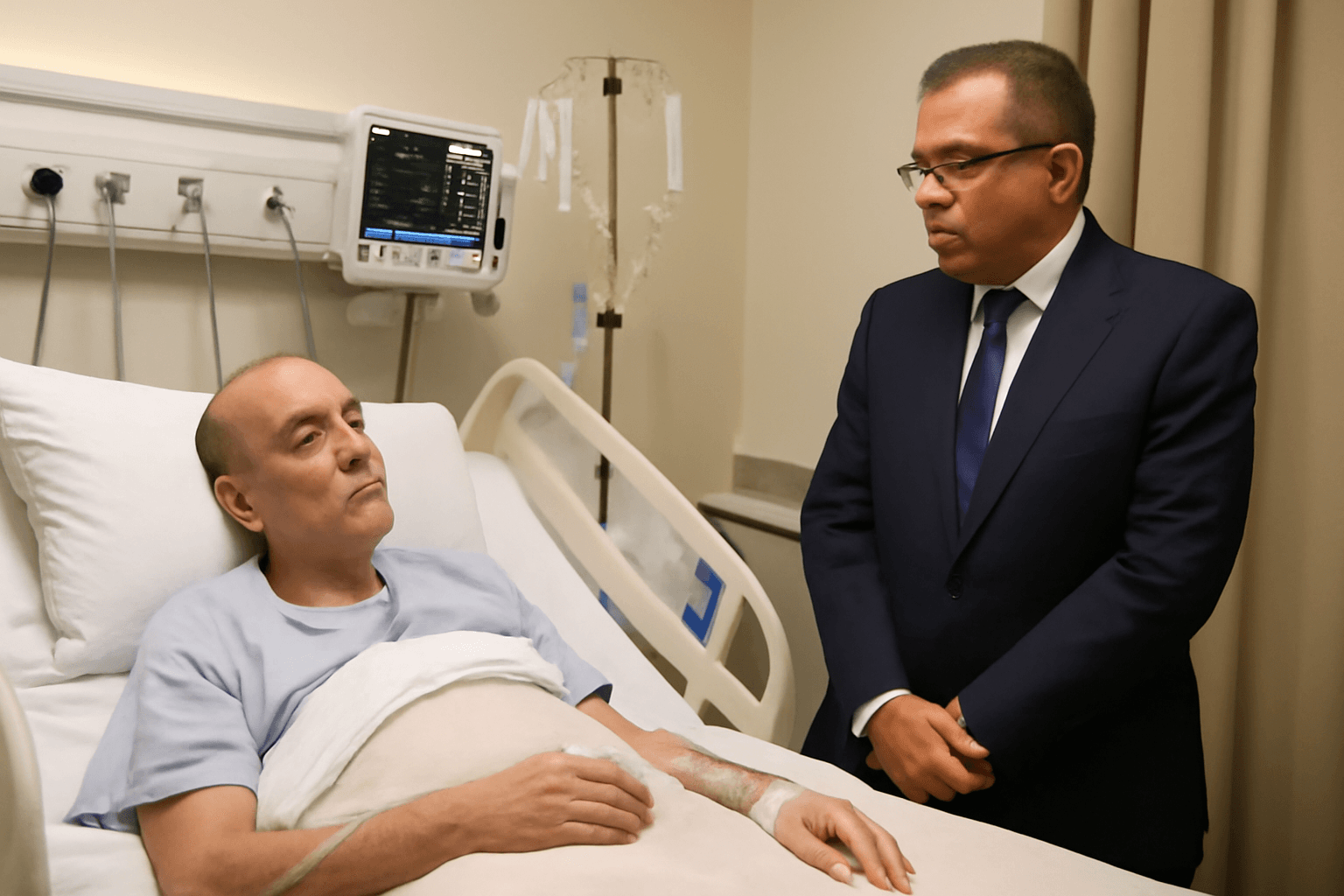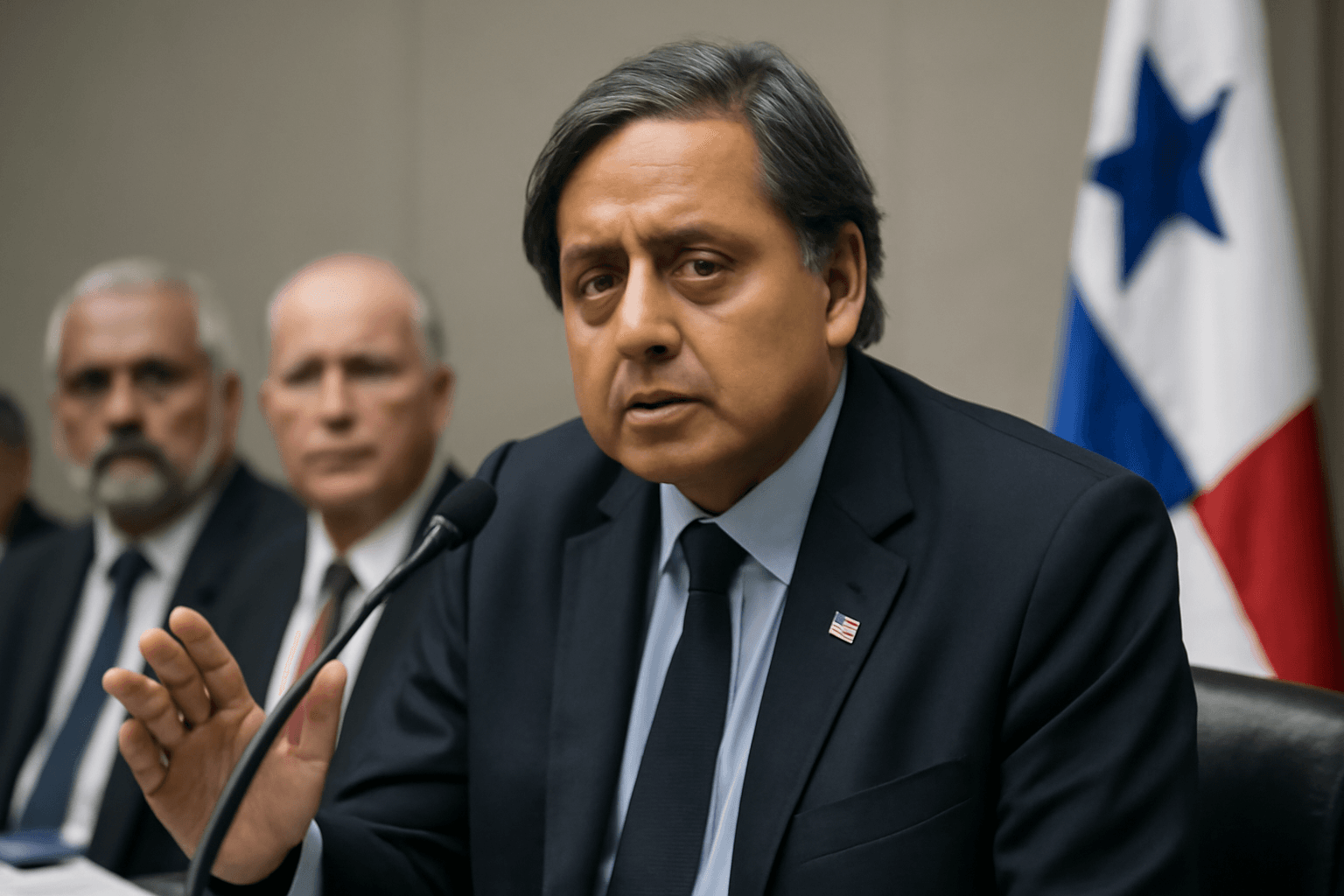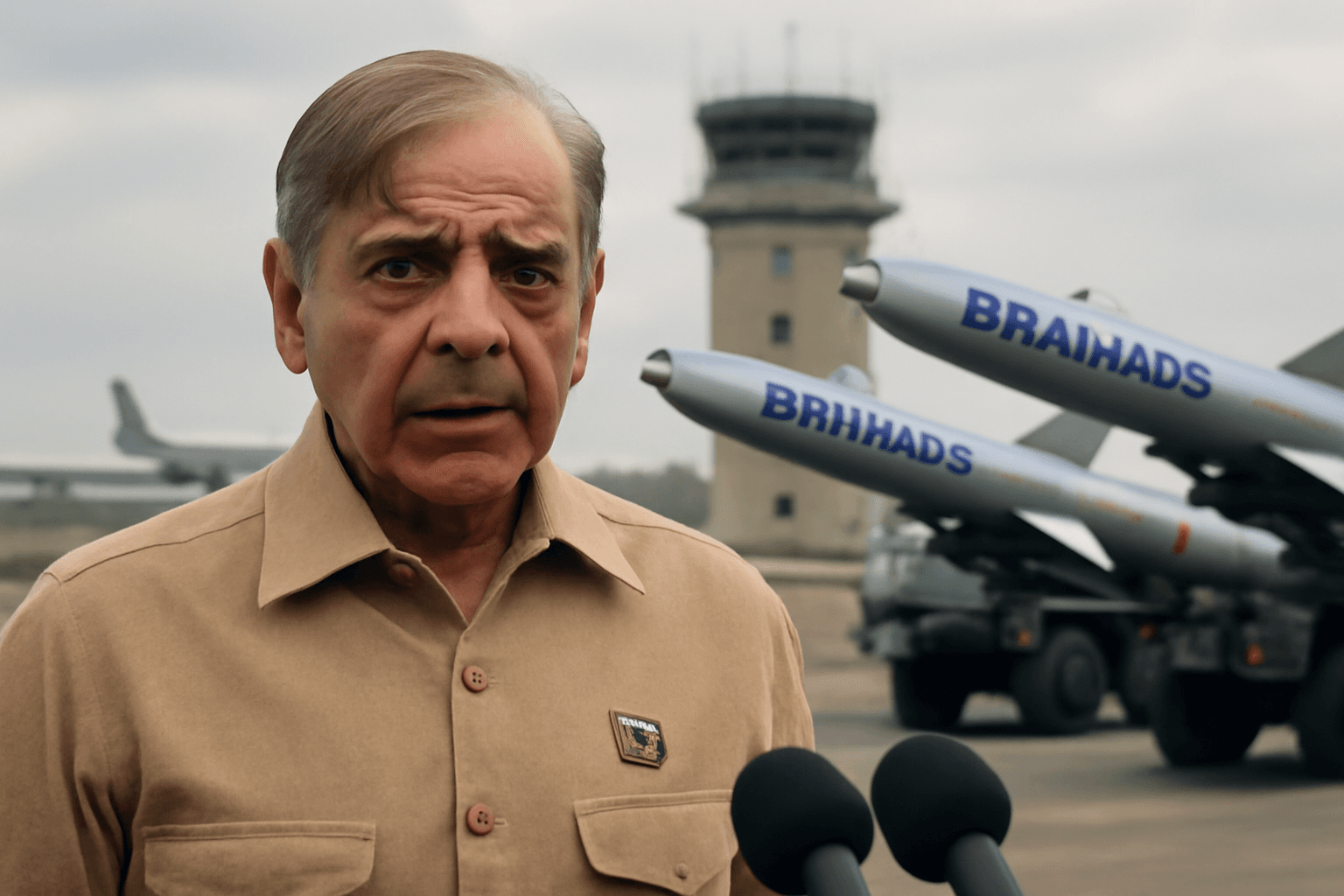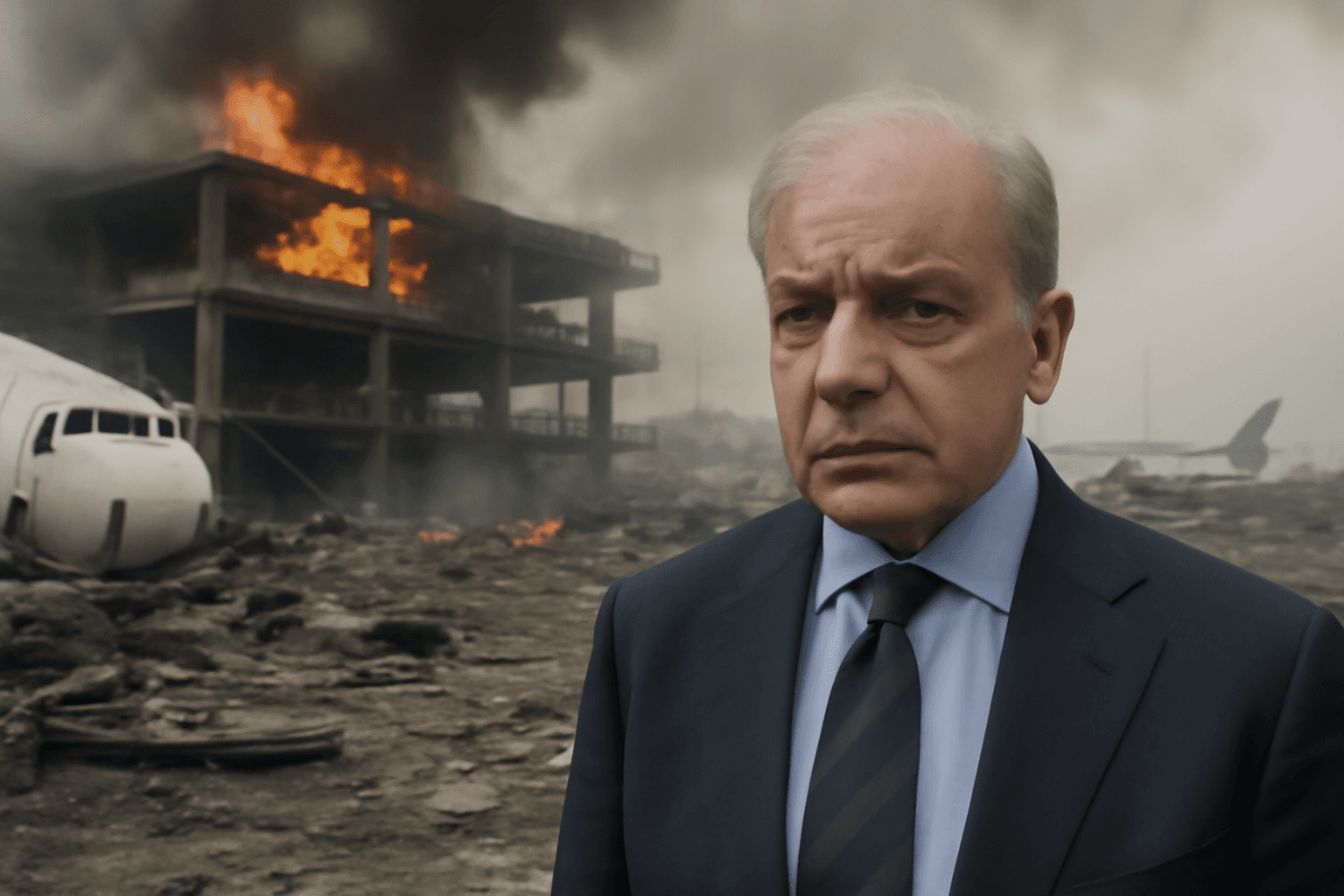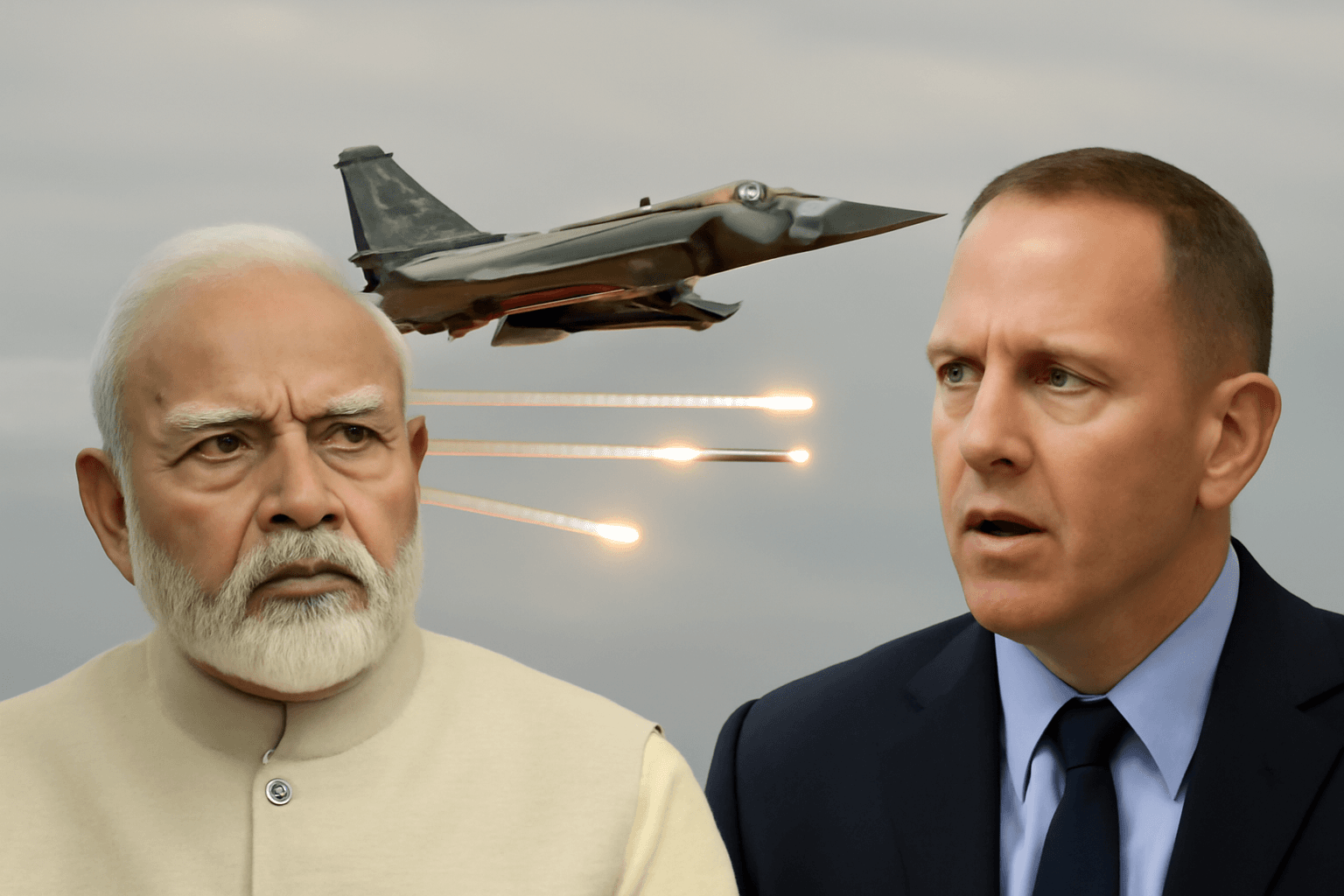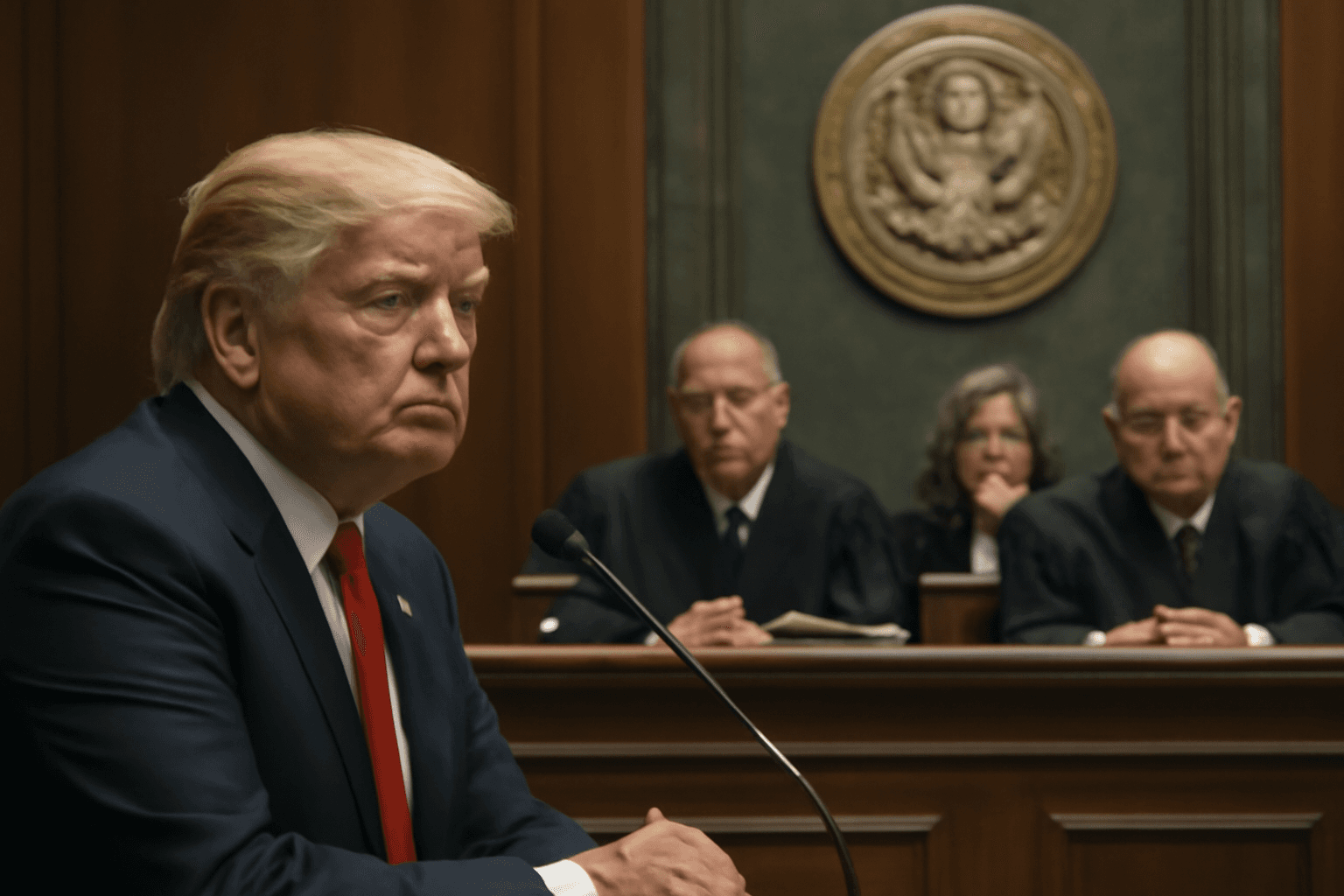In a notable shift in tone, Pakistani Prime Minister Shehbaz Sharif has reiterated his willingness to engage in dialogue with India to address critical bilateral issues including Kashmir, water sharing, and terrorism. This appeal for peace comes amid heightened tensions following India’s recent retaliatory military measures in response to a terrorist attack in Jammu and Kashmir.
Speaking at the Pakistan-Turkey-Azerbaijan Trilateral Summit in Lachin, Azerbaijan, Sharif urged both nations to come together ‘for the sake of peace.’ Joined by Turkish President Recep Tayyip Erdogan and Azerbaijani President Ilham Aliyev, Sharif emphasized the urgency of resolving longstanding disputes and expressed openness to discussions on counterterrorism cooperation. He also highlighted the importance of reviving trade ties and criticized India’s suspension of the Kishanganga water treaty, underscoring its significance for Pakistan’s drinking water and agriculture.
This marks Sharif’s second recent call for dialogue in less than a week. Earlier, while in Tehran, he similarly expressed the necessity of talks based on United Nations resolutions and the aspirations of the Kashmiri people.
However, India remains firm on its stance. Prime Minister Narendra Modi clarified that any talks with Pakistan must be confined strictly to terrorism and Pakistan-occupied Kashmir (PoK). Modi’s comments followed Operation Sindoor, India’s military campaign initiated on May 7 targeting terror launchpads in Pakistan and PoK. This operation was a direct response to the April 22 terrorist attack in Pahalgam, Jammu and Kashmir, which claimed 26 lives.
Alongside the ground operation, the Indian Air Force conducted strikes destroying 11 Pakistani airbases after Pakistan’s unsuccessful attempts to target Indian military positions in early May. The escalation subsided after military leadership from both sides agreed to a ceasefire on May 10.
The evolving dynamics between India and Pakistan highlight ongoing challenges yet also present a cautious opportunity for renewed dialogue to address entrenched conflicts.

